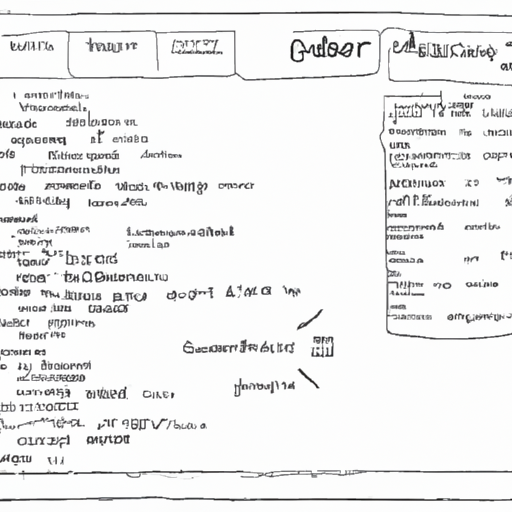Psychological tests are important in candidate selection because they provide objective information about personality traits, cognitive abilities, and job performance.
Personality tests provide insights into behavior, cognitive ability tests assess problem-solving skills, emotional intelligence tests assess interpersonal skills, and situational judgment tests predict behavior in work scenarios.
In today’s competitive job market, companies are constantly looking for ways to identify the best candidates fortheir organizations..Gone are the days when we relied only on resumes and interviews to make hiring decisions.
Instead, many companies are turning to psychological tests as a valuable tool in the candidate selection process.
These tests provide valuable information aboutan individual’s personality traits, cognitive abilities, emotional intelligence and behavioral patterns.
In this article, we will explore the six most commonly used psychological tests in candidate selection, shedding light on their importance and benefits in predicting job performance and ensuring a fitappropriate for the organization.
Whether you are looking for a job or an employer, understanding these tests will give you a competitive edge in the hiring process.
-
- 1.Introduction to Psychological Testing in Candidate Selection Understanding its importance and benefits
-
- 2.The role of personality tests in candidate selection that reveal traits and behavior patterns
-
- 3.Cognitive ability tests thatassesses problem-solving skills and analytical thinking in candidates
-
- 4.Evaluation of emotional intelligence Impact of EQ tests on candidate selection
-
- 5.Power of situational judgment tests to predict behaviorcandidates in real-life work scenarios
1. Introduction to psychological testing in candidate selection Understanding the importance and benefits
Psychological tests play an important and crucial role in candidate selection because they provide valuable information about an individual’s personality traits, cognitive abilities and potential job performance.
These tests are specifically designed to assess various psychological aspects, helpingemployers to make informed decisions about potential hires.
One of the key advantages of psychological testing in candidate selection is its ability to provide objective and standardized information.
Unlike traditional interviews or resumes, which can be influenced by personal biases or misleading information, psychological tests provide a more reliable and unbiased assessment of a candidate’s suitability for a particular role.
These tests provide a standardized framework, ensuring that all candidates are assessed on the same criteria, promoting fairnessand equal opportunity.
Another advantage of psychological testing is predictive validity. By assessing a candidate’s cognitive abilities, personality traits, and problem-solving skills, these tests can provide insights into their potential performance atworkplace.
This predictive validity allows employers to assess a candidate’s fit within the organization and make more accurate predictions about their future success in the role.
2. The role of personality tests in the selection of candidates.Revealing Traits and Behavioral Patterns
Personality tests play a crucial role in candidate selection processes because they can provide valuable information on an individual’s traits and behavioral patterns.
These tests aim to discover the characteristics ofcandidate’s personality, including strengths, weaknesses, and overall compatibility with the job role and company culture.
One of the main advantages of using personality tests in candidate selection is the ability to provide a standardized and objective assessmentof an individual’s personality traits.
Unlike interviews or resumes, which can be subjective and biased, personality tests provide a more reliable and consistent assessment. By using a standardized assessment tool, employers can fairly compare candidates and make more informed decisions based on the results.
These tests are designed to measure different dimensions of personality, such as extraversion,agreeableness, conscientiousness, emotional stability, and openness to experience.
Each of these traits can provide valuable information about how a candidate is likely to behave in the workplace and interact with colleagues, managers, and clients. For example, someone who hashigh scores on conscientiousness






